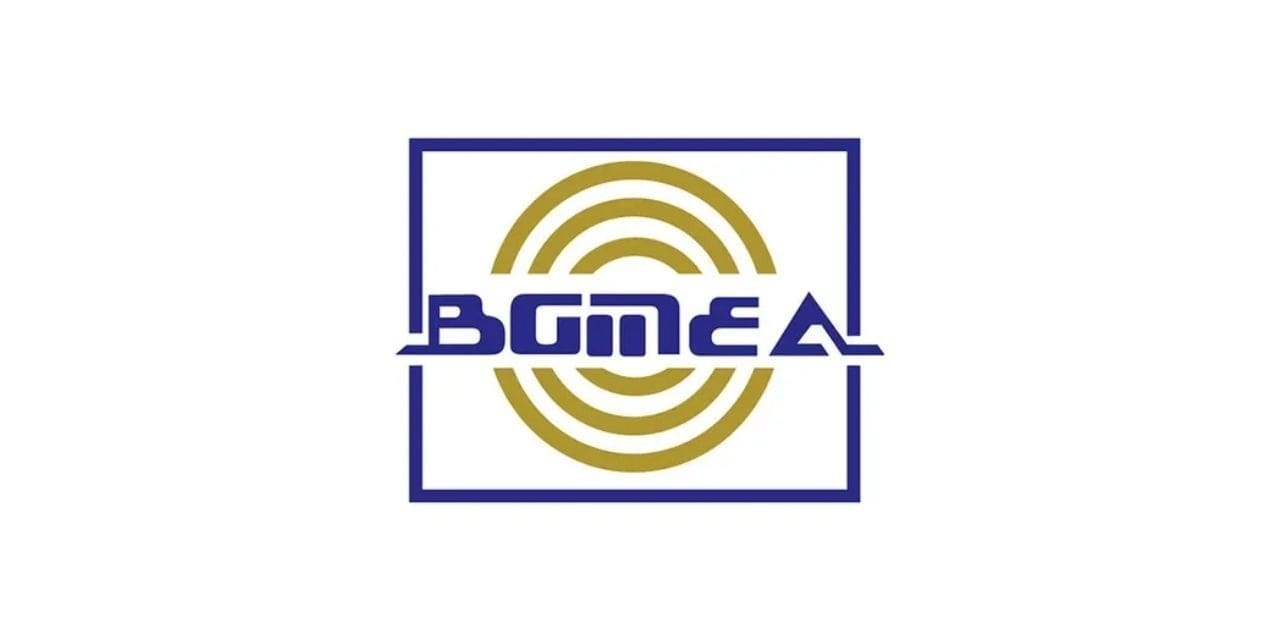Spinners, on the other hand, believe that such an incentive will be disastrous for the country’s textile sector.
In a letter to the trade ministry, the Bangladesh Garment Manufacturers and Exporters Association (BGMEA) requested a 4% cash incentive on export-oriented clothing goods manufactured from imported raw materials.
With such a tax break on yarn and fabric imports, garment exports might almost treble.
Bangladesh Textile Mills Association (BTMA) is seeking an incentive on exports of readymade garments produced from imported yarn. The government now only gives a 4% incentive against exports of RMG goods made with yarn and fabrics produced in Bangladesh. But spinners say this kind of incentive will deal a devastating blow to the country’s textile industry. BGMEA seeks an incentive at a 4% rate on the exports of RMG items produced from imported yarn. The BGMEA president said Bangladesh is the second-largest exporter of garments, but the industry is mainly dependent on imported raw materials. He said there has been significant investment in backward linkages because of alternative cash assistance to them and regulations on yarn imports.
Bangladesh’s stake in the international apparel market is only 6.8%, which can almost double, Faruque said. The BGMEA proposed a 10% incentive for non-cotton garment exports, saying it will boost exports as well as investment and employment. A 4% cash incentive on yarn imports will also increase investment in knitting, weaving, brushing, sewing, bleaching, dyeing, printing, washing and finishing industries.

